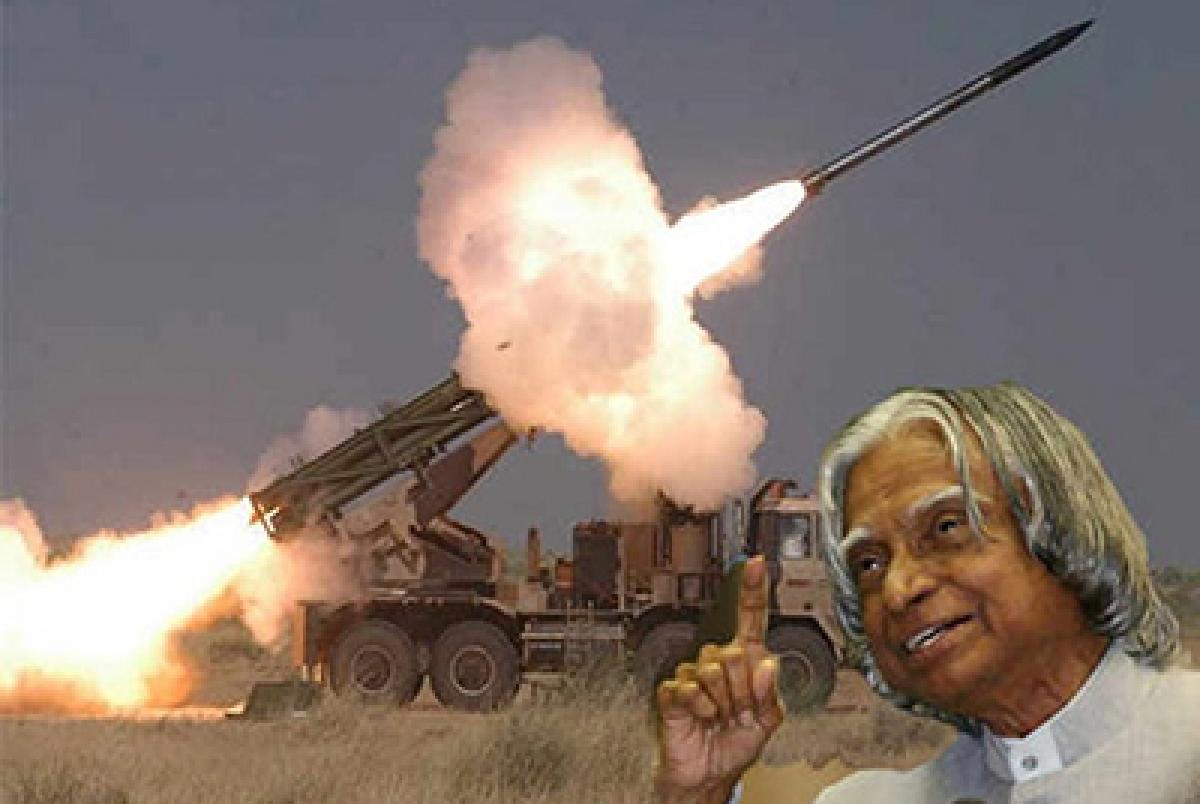Live
- Stokes motivates his team to put in extra effort, says England pacer Potts
- From overcoming setbacks to leading India in U19 Women’s Asia Cup, Niki Prasad's amazing journey
- Constitution debate: PM Modi hails 'Nari Shakti'; makes strong pitch for 'United Bharat’
- Bihar: Inquiry initiated against principal who went to buy veggies during school hours
- TN: DMK postpones executive meet due to heavy rains & Parliament session
- Porous silicon oxide electrodes can fix durability issues in batteries: Researchers
- Jalandhar civic polls: AAP promises launch of 100 e-buses, round the clock water supply
- Economic upliftment of rural women is priority of Tripura govt: CM Saha
- Rajmata Jijabai Trophy: Manipur move to top of the table, T.N register first win
- Italian envoy Baroli hoping to strengthen ties with India through football





.jpg) NEW DELHI:
NEW DELHI:



